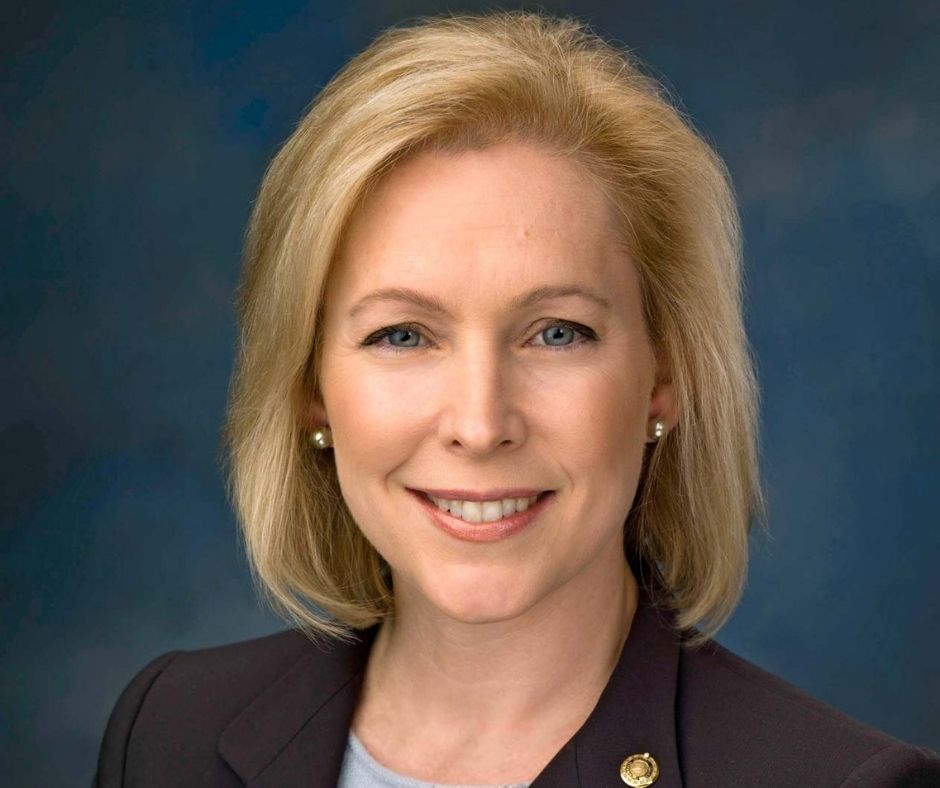The U.S. Senate requires the U.S. military and intelligence agencies to significantly increase the level of priority, coordination, and resources that they direct to the problem of unidentified aerial phenomena (UAP) and share at least part of what they know or learn yearly with the American people.
The proposal was filed on November 4, 2021, by Senator Kirsten Gillibrand (D-NY) as a probable amendment to the Fiscal Year 2022 National Defense Authorization Act (NDAA, H.R. 4350). The full U.S. Senate may take up that bill before the end of November.
The Gillibrand Amendment would continue and accelerate a process visibly begun in the 2019-2020 Congress under the leadership of Senator Marco Rubio (R-FL) and Senator Mark Warner (D-VA).
Investigating and analyzing UAP
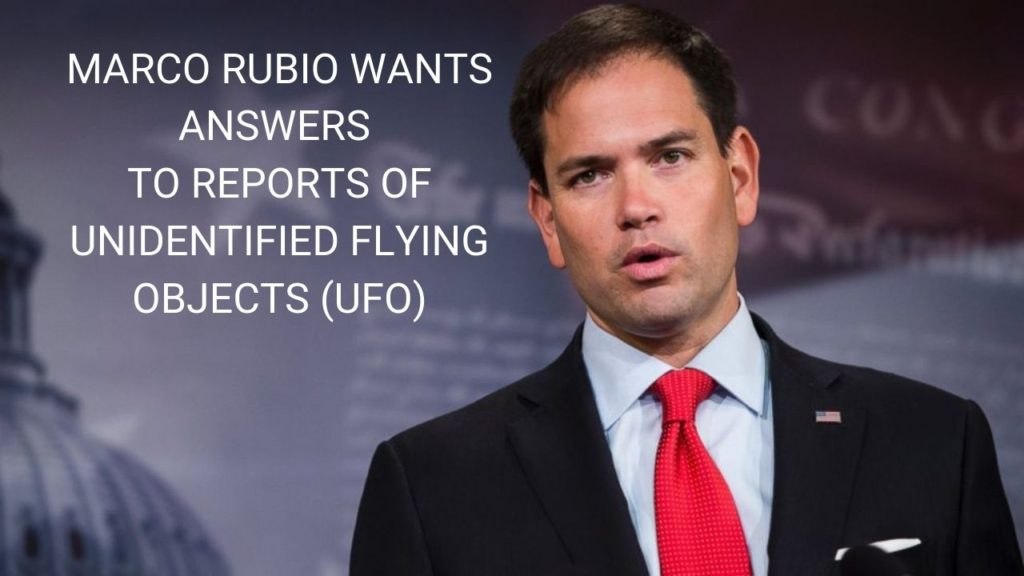
The Gillibrand Amendment requires the Department of Defense and the Intelligence Community to create new institutional arrangements and dedicate substantial resources to investigating and analyzing UAP, and draw on UAP-related expertise from outside the government.
The Gillibrand Amendment would encourage progress towards greater UAP transparency by the government by requiring the issuance of public, unclassified reports on UAP yearly and by expanding the list of topics to be discussed in these reports to include various areas of particular interest to longtime students of the phenomena, including UAP events associated with nuclear weapons platforms.

If the Gillibrand proposal is embraced by other key senators — such as Senators Jack Reed (D-RI), Mark Warner (D-VA), Senators Jim Inhofe (R-OK), and Marco Rubio (R-FL), then it would have a good chance of becoming law. If history is any guide, it will not be surprising if some elements within the Executive Branch resist the imposition of new UAP mandates and disclosure requirements.
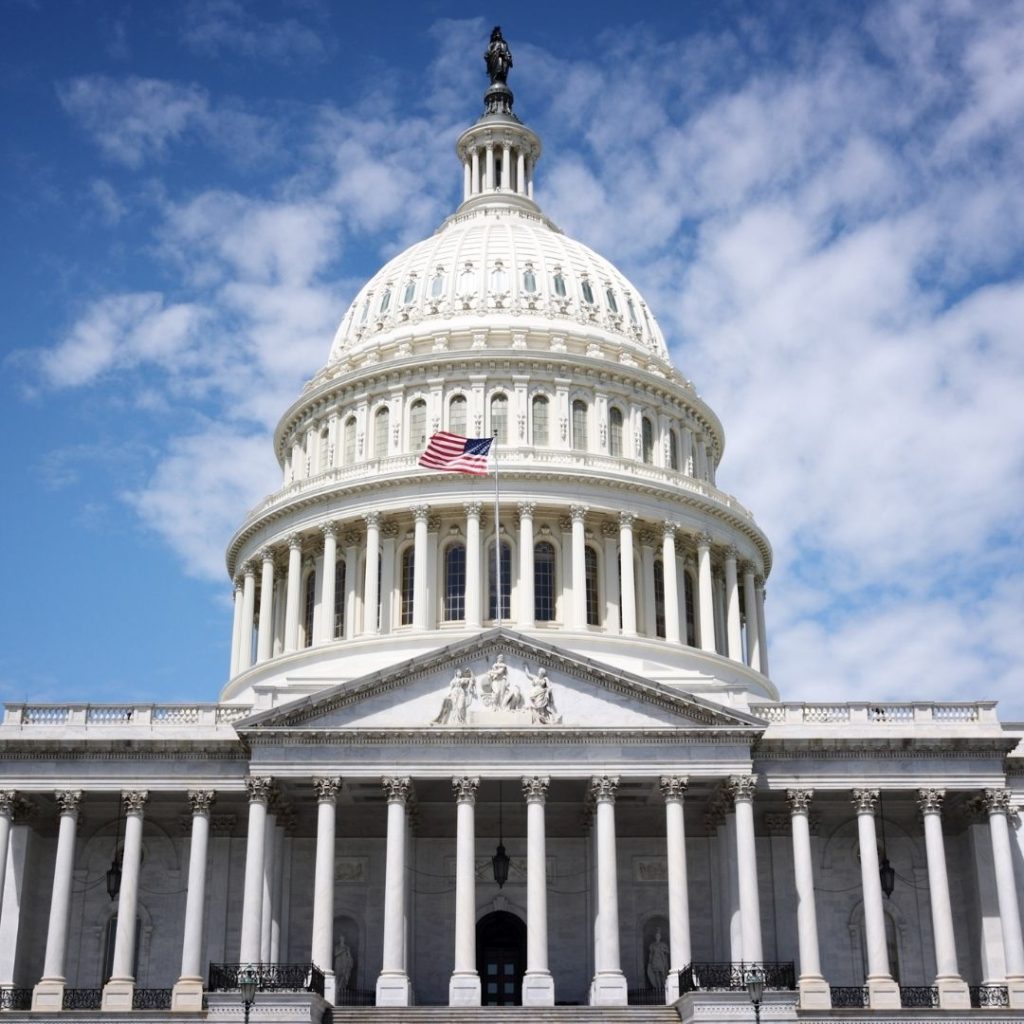
“Aerial and Transmedium Phenomena Advisory Committee”
The Gillibrand Amendment further contains a new section requiring the Secretary of Defense and the Director of National Intelligence to establish an “Aerial and Transmedium Phenomena Advisory Committee” to advise the ASRO and the DNI on UAP-related matters. A UAP advisory committee for a maximum of 25 appointees.
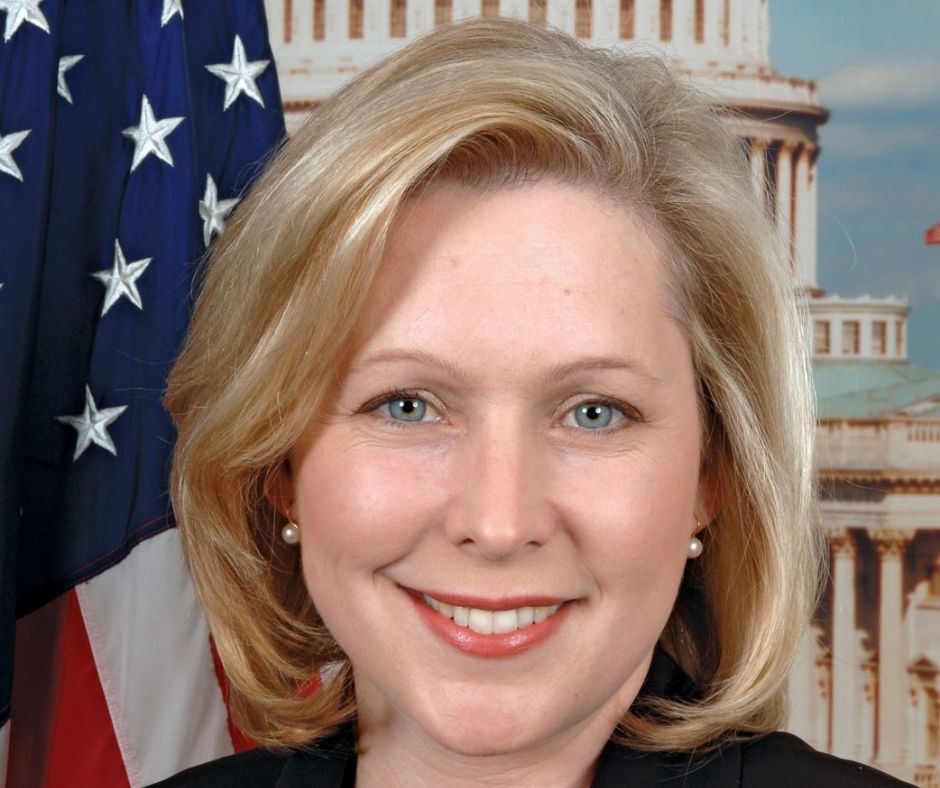
The committee would have no policy-making power. But, by invitation of the DNI, Secretary of Defense, or the head of the ASRO, or on its own initiative, the committee could offer “advice regarding best practices concerning the gathering and analysis of data on unidentified aerial phenomena in general, or commentary regarding specific incidents, cases, or classes of unidentified aerial phenomena.”
Furthermore, the committee would submit a yearly report to the DNI, Secretary of Defense, director of the ASRO, and the congressional armed services and intelligence committees, “summarizing its activities and recommendations.”
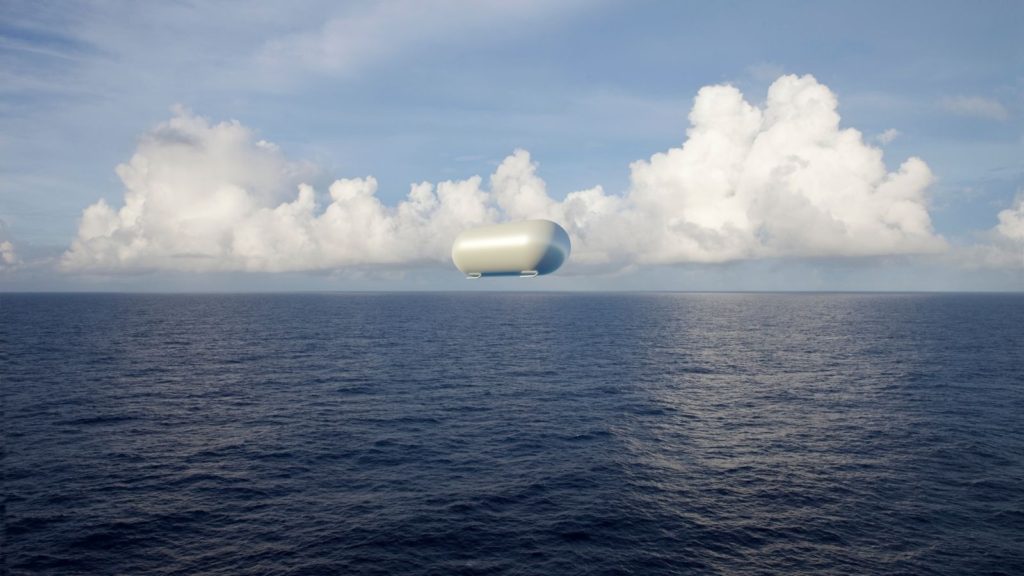
Why include “transmedium” in this new “Aerial and Transmedium Phenomena Advisory Committee.” Do they confirm they might have bases under the oceans?
Undersea bases make sense in many ways: They’d be hard to detect, impossible to observe by typical satellites, and would allow for complete operational privacy.
This may be a moment when politically diverse lawmakers act in determining concert to create a statutory framework that will foster a unified, well-resourced, governmental posture towards the persistent and perplexing problem of unidentified aerial phenomena.
